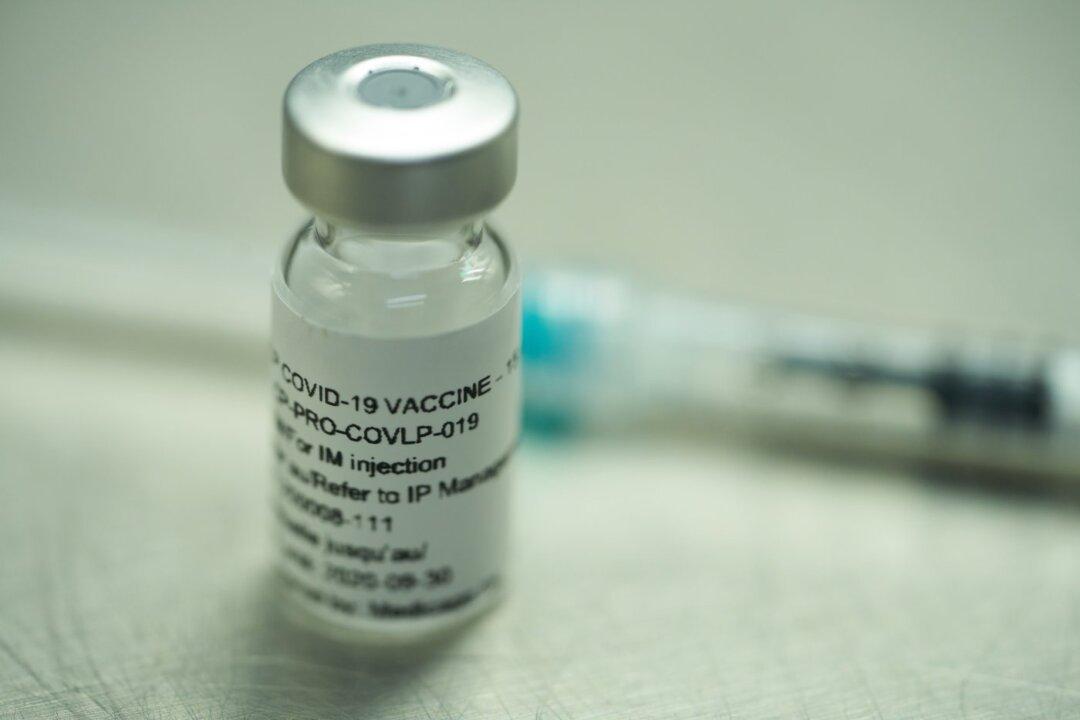A COVID-19 vaccine manufacturing company in Quebec is set to cease all operations after its owner and sole shareholder decided to pull investments because of “significant changes” in the COVID vaccine-making industry.
Medicago Inc., which is headquartered in Quebec City and was the manufacturer of the plant-based COVID vaccine, Covifenz, announced on Feb. 3 that it will not be receiving any further investments from the Mitsubishi Chemical Group (MCG) and that it will now begin an “orderly wind-up of its business and operations in Canada and in the United States.”





